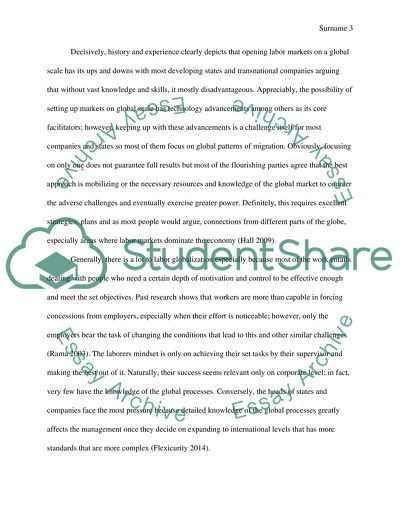Cite this document
(“What are the advantages and disadvantages of opening labour markets on Essay - 1”, n.d.)
What are the advantages and disadvantages of opening labour markets on Essay - 1. Retrieved from https://studentshare.org/human-resources/1674105-what-are-the-advantages-and-disadvantages-of-opening-labour-markets-on-a-global-scale
What are the advantages and disadvantages of opening labour markets on Essay - 1. Retrieved from https://studentshare.org/human-resources/1674105-what-are-the-advantages-and-disadvantages-of-opening-labour-markets-on-a-global-scale
(What Are the Advantages and Disadvantages of Opening Labour Markets on Essay - 1)
What Are the Advantages and Disadvantages of Opening Labour Markets on Essay - 1. https://studentshare.org/human-resources/1674105-what-are-the-advantages-and-disadvantages-of-opening-labour-markets-on-a-global-scale.
What Are the Advantages and Disadvantages of Opening Labour Markets on Essay - 1. https://studentshare.org/human-resources/1674105-what-are-the-advantages-and-disadvantages-of-opening-labour-markets-on-a-global-scale.
“What Are the Advantages and Disadvantages of Opening Labour Markets on Essay - 1”, n.d. https://studentshare.org/human-resources/1674105-what-are-the-advantages-and-disadvantages-of-opening-labour-markets-on-a-global-scale.


